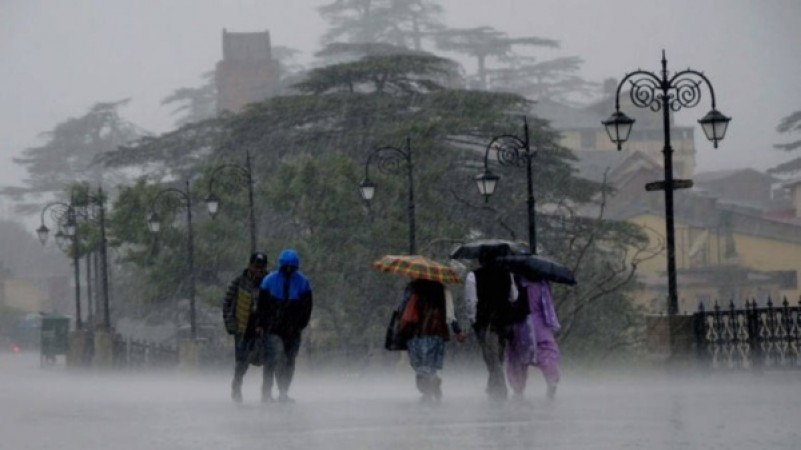
The monsoon season brings relief from scorching summer temperatures but also ushers in a host of health challenges in Mumbai. In recent years, the city has witnessed a concerning surge in cases of dengue, malaria, and gastroenteritis. This article explores the factors contributing to these rising health issues and offers insights into prevention and management.
The arrival of the monsoon in Mumbai is often met with mixed emotions. While it brings much-needed respite from the heat, it also creates a conducive environment for the proliferation of disease-causing agents.
The torrential rains lead to waterlogging in many areas of the city, providing breeding grounds for disease vectors such as mosquitoes. Stagnant water serves as an ideal breeding site for Aedes mosquitoes, responsible for dengue transmission.
The high humidity levels during the monsoon encourage the breeding of Anopheles mosquitoes, responsible for transmitting malaria. Their breeding sites are often found in pockets of standing water.
Dengue has become a significant concern in Mumbai during the monsoon season. Understanding its symptoms and preventive measures is crucial.
Dengue symptoms include high fever, severe joint and muscle pain, rash, and bleeding. Early diagnosis is vital for effective treatment.
To prevent dengue, individuals should use mosquito repellents, wear protective clothing, and eliminate stagnant water around their homes. Regular fumigation by local authorities is also essential.
Malaria, once under control, is making a comeback in Mumbai due to various factors.
Increased resistance to antimalarial drugs, improper sanitation, and lack of awareness contribute to the resurgence of malaria.
Preventing malaria involves the use of bed nets, wearing long-sleeved clothing, and taking antimalarial medications as prescribed. Community efforts like draining stagnant water can also curb mosquito breeding.
Gastroenteritis, commonly known as stomach flu, poses a significant threat during the monsoon.
Monsoon rain often contaminates water sources, leading to the spread of waterborne diseases like gastroenteritis.
Boiling or purifying water before consumption, practicing good hand hygiene, and avoiding street food during the monsoon are essential preventive measures.
Addressing these health concerns requires collaborative efforts.
Local communities can organize awareness campaigns on disease prevention, sanitation, and the importance of timely medical consultation.
The government should focus on improving drainage systems, sanitation facilities, and healthcare infrastructure. Timely fumigation and monitoring of disease outbreaks are also critical.
The monsoon season in Mumbai brings both relief and health challenges. Dengue, malaria, and gastroenteritis are on the rise due to factors like waterlogging, mosquito breeding, and contaminated water sources. Recognizing the symptoms, taking preventive measures, and promoting community and government initiatives are essential steps in combating these health threats.
Understanding Kidney Cancer and Renal Tumors